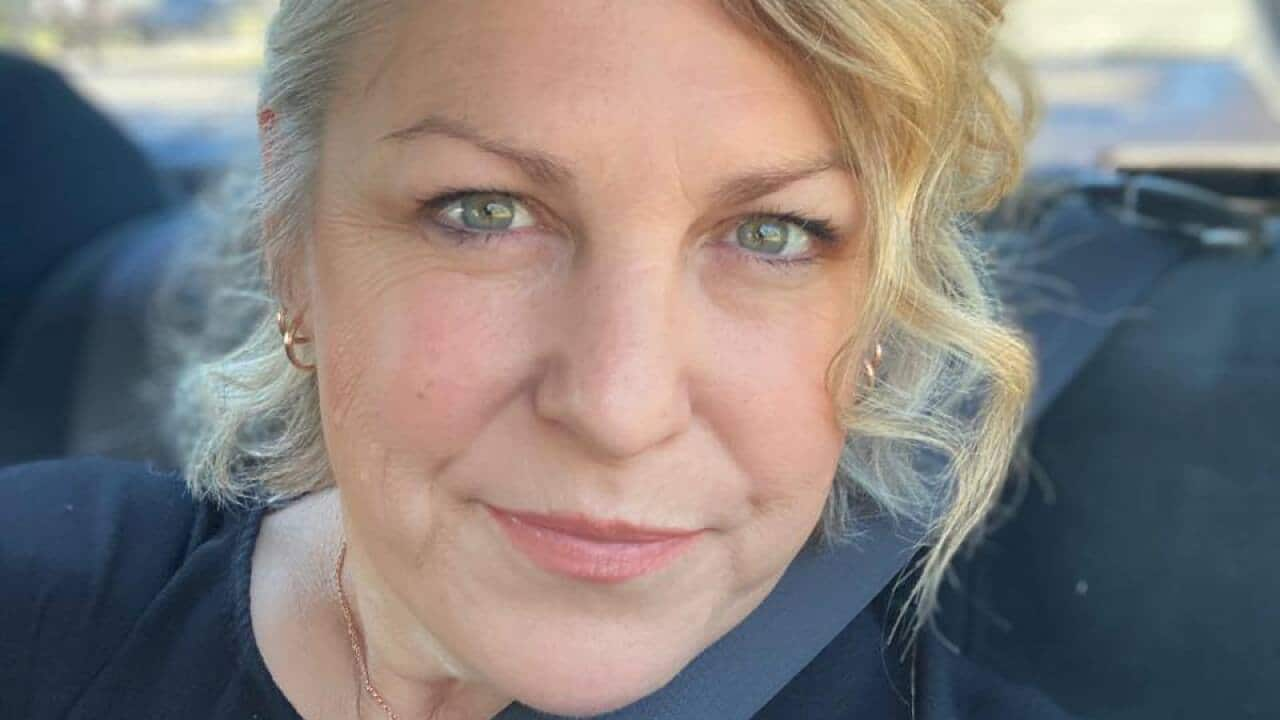True crime content has never been more popular, and technology is making citizen investigations increasingly accessible. But can just anyone be a sleuth? Insight’s Kumi Taguchi is joined by guests who’ve taken it upon themselves to find answers when authorities fall short, and asks if they’re ultimately helping or hindering? Watch Citizen Sleuths on .
It’s been 10 years since I last saw my brother’s face, heard his laugh, or felt any sense of peace.
The date 15 August 2015 will be etched in my memory forever as the day my brother Rigby vanished, aged 53.
It was the day I began a journey into a nightmare from which I can’t escape.
The passage of time has done little to dull the pain of missing him.
On that fateful day, Rigby called mum to say he was on his way home and was catching a train from Perth to Rockingham.
The next day, mum asked if I had seen or heard from him. I could hear the concern in her voice.
I tried to reassure her but instinctively, I knew something was wrong.
Stephenie (right) says she and her brother Rigby (left) were close. Source: Supplied
I called Rigby immediately, expecting our usual brief chat. When he didn’t answer, I called again and again, each attempt meeting with silence and filling me with a growing panic.
Two days later, my concern had turned into a sickening worry that churned in my gut. I called his friends but no one had seen him.
Around a week later, I went to the police. They told me to come back if Rigby didn’t turn up in a week or two. I felt it was as if his disappearance was inconsequential.
I returned on 4 September and pleaded with them to check his bank accounts and phone — anything to find him.
I recall the officer told me that as a 53-year-old adult, Rigby had the right to go missing if he wanted to.
I was stunned. His phone was dead, no one had seen him.
This wasn’t like him and I felt they didn’t seem to care.
Days, weeks and months
Days blurred into weeks of dead ends.
I made calls to all the hospitals imagining every awful scenario, left notes on friends’ front doors, and drove around looking for him.
Weeks later, I tried the police again but the officer I’d spoken to had gone on leave, and left no notes on file. I had to explain the case again to another officer and was assured they would follow up and check his phone and bank transactions.
More weeks dragged on with each conversation with the police only deepening my frustration.
Officers would go on leave, pass the case to someone else, and I’d be left pleading for them to take me seriously and check his bank records, his phone and CCTV footage.
Each time I pressed for action, I was met with what I saw as delays and excuses.
I felt trapped in a system of bureaucracy and indifference.
A system that wasn’t built for urgency or for families clinging to hope.
‘A dismal sense of resignation’
By October, I had no patience left and asked the media to help me.
I feel this caused the police to act.
Finally, it appeared to me that they started following up and investigating what I’d been asking for all along. They confirmed his bank records showed no transactions and his phone was disconnected.
Frustratingly, they told me that the CCTV footage from Perth Station, the last place Rigby was seen, was now unretrievable.
Rigby’s family still don’t know what happened to him on the day he disappeared in 2015. Source: Supplied
Come November of that year, I felt a dismal sense of resignation.
Despite all my efforts talking to the police and the media, and hiring private investigators, it was becoming clear that the system wasn’t equipped to handle cases like Rigby’s.
In December, police found Rigby’s bag in The Spectacles Wetlands, around 30km south of Perth, and searched the area.
But nothing of interest was found — another dead end.
‘I can’t stop searching’
Ten years later, I am no closer to the truth.
I’m now in the process of applying for a coronial investigation into Rigby’s death, which I hope may bring some answers.
I live with a haunting understanding of the indifference of our systems to personal loss.
Stephenie refuses to give up her quest for answers around her brother Rigby’s disappearance. Source: Supplied
For me, Rigby’s disappearance has become a symbol of everything broken in the systems meant to protect us.
I may never know what happened to Rigby.
But despite that, I can’t stop searching.
Not because I am driven by some irrational hope, but because I owe it to him, and to myself.
I need to find my brother.
Griefline provides confidential support on 1300 845 745 and via
Readers seeking support with mental health can contact Beyond Blue on 1300 22 4636. More information is available at. supports people from culturally and linguistically diverse backgrounds.
And for more stories on sex, relationships, health, wealth, grief and more, head to hosted by Kumi Taguchi. Follow us on the , , , or wherever you get your podcasts.




